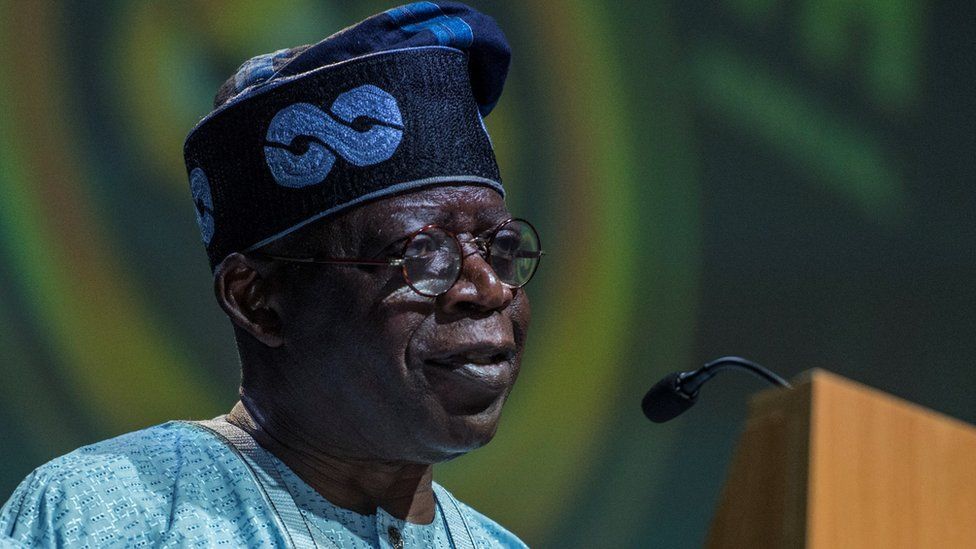MONEY

TINUBU: NIGERIA NOW HAS MORE MONEY, LESS CORRUPTION AFTER REFORMS
President Bola Ahmed Tinubu has declared that Nigeria’s economy is stronger, cleaner, and more transparent thanks to his administration’s sweeping reforms.
Speaking to investors in Brazil on Tuesday, Tinubu said tough measures like the removal of fuel subsidies and the unification of the foreign exchange market have paid off. According to him, these changes have boosted government revenue, curbed corruption, and created a fairer playing field for businesses.
“The reforms I’ve embarked upon since I took over in Nigeria have been very impactful. It was initially painful, but today the result is blossoming,” Tinubu said. “It’s getting clearer to the people. We have more money for the economy, no more corruption.”
Before the reforms, fuel subsidies drained about ₦10 billion from the treasury, while multiple exchange rates allowed a few elites to profit from arbitrage at the expense of ordinary Nigerians.
Now, government revenues are surging. Between January and July 2024, the Federation Account Allocation Committee (FAAC) disbursed ₦12.08 trillion, nearly 80% of all federally generated revenue in that period. Inflation is also easing, dropping to 21.88% in July — the lowest level in four months. The naira, after months of volatility, has started to stabilize.
But the changes have come at a cost. Many Nigerians are still struggling with high prices, job losses, and shrinking purchasing power. According to the World Bank, more than 129 million people — over half of the population — now live below the poverty line. And although a government cash transfer scheme is meant to support 15 million vulnerable citizens, fewer than 40% of them have received help so far.
Meanwhile, the naira’s steep fall has pushed Nigeria down from Africa’s largest economy to fourth place. Even after rebasing, GDP only rose by 30% to $243 billion.
Despite these challenges, Tinubu insists the sacrifices are worth it. He told investors that his administration remains focused on making Nigeria a more attractive and competitive economy that rewards innovation, not corruption.
"This represents a significant development in our ongoing coverage of current events."— Editorial Board









